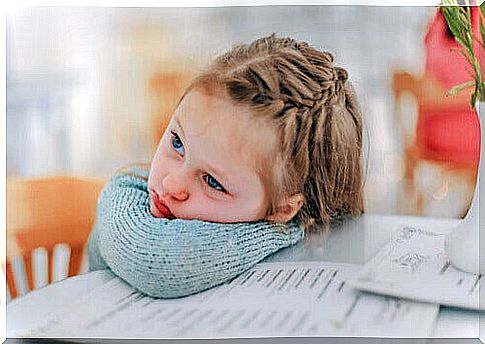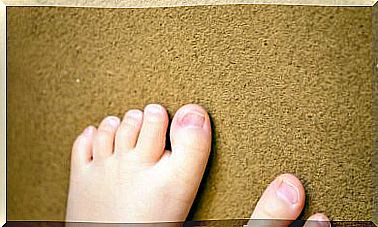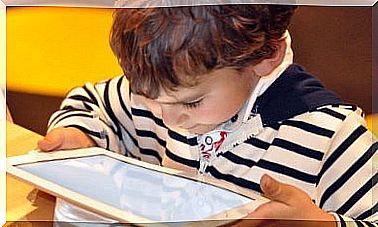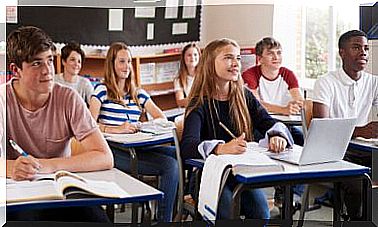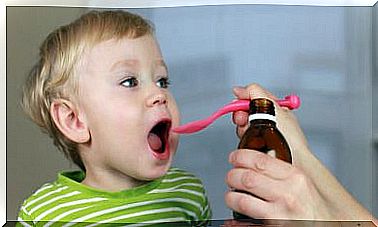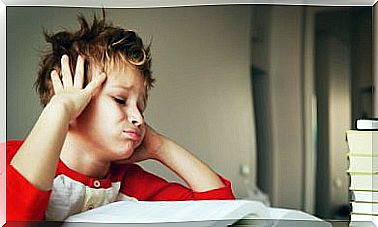Music Therapy To Improve School Performance
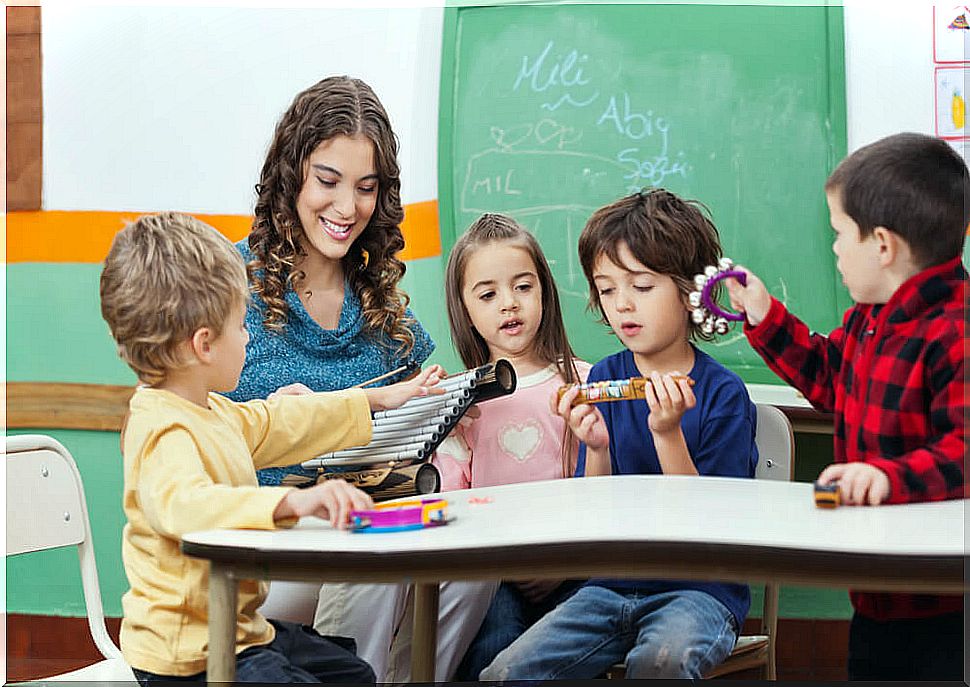
In planning their classes, teachers can make use of different resources and resort to different strategies to achieve better educational results with their students. Thus, a good option may be to incorporate music into teaching-learning processes and, specifically, music therapy, to improve students’ school performance.
Now, when we talk about school performance, we are not only referring to the acquisition of knowledge and the grades that a student can obtain. But, in addition, we refer to its evolution in other spheres such as the learning of skills, abilities, attitudes and social and interpersonal, communicative and digital competences. As well as the management and control of emotions, and the ability to resolve conflicts.
What is music therapy?
According to the World Federation of Music Therapy, this refers to the use of music or its elements, sound, rhythm, melody and harmony with a patient or with a group, for psychotherapeutic purposes. That is, a qualified music therapist can promote communication and relationships, learning, movement, expression, or other goals, with the help of music.
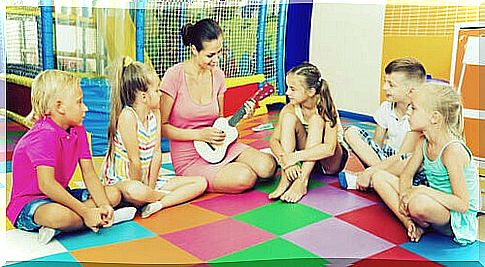
The end of music therapy, then, is the prevention, treatment and rehabilitation to develop potentialities and restore functions of individuals. Thus, satisfying the physical, emotional, mental, social and cognitive needs of children and adults. And achieving, in this way, better intra and interpersonal integration, better well-being and, ultimately, a better quality of life for people.
Benefits of music therapy on school performance
Among the many benefits that music therapy has and that can positively affect the educational performance of students, we can mention the following:
- Manage stress and anxiety.
- Boost memory.
- Facilitates the expression of feelings and emotions.
- Help with physical rehabilitation.
- Promotes and improves interpersonal relationships and socialization.
- Increases cognitive ability and stimulates brain function.
- Relieves physical pain.
- Regulates heart rate, circulation, and blood pressure.
- Helps concentration.
- Promotes relaxation and relieves tension.
- It allows social integration and the development of compensatory behaviors.
- Promotes creativity and recreation.
- It favors the development of gross and fine motor skills.
How Music Therapy Can Improve School Performance
Music therapy and the action of a music therapist can be valid to respond to a specific situation. Or also as a regular activity included in the weekly school planning. In any case, and from a comprehensive and holistic perspective, music therapy can be included in the classroom in the following way :
- Incorporate music therapy sessions with musical instruments into school days once a week. Thus, students who know how to play an instrument can take it to class and share and socialize with their classmates.
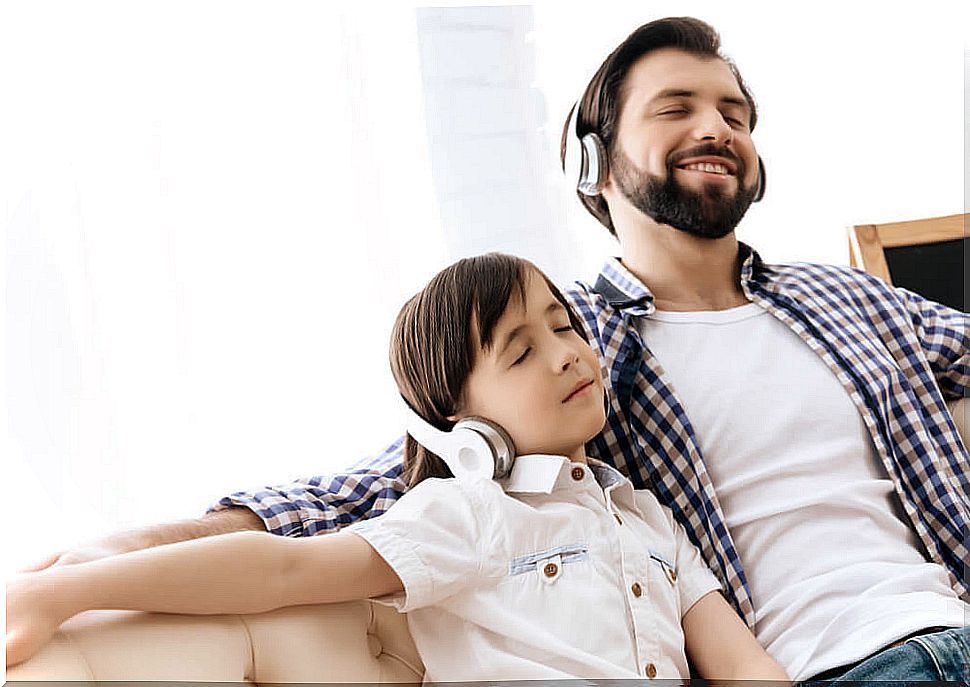
- Choose, jointly and deliberately among all the students, calm and relaxing music. The goal is to listen to pleasant music before starting an exam and to be able to relax and control levels of nervousness.
- Use music when doing group activities or workshops. Both as a tool for introducing tasks or to break the ice and socialize, or to generate a more fun and playful environment.
- Incorporate breathing control and relaxation techniques with appropriate music for this purpose. Thus, a good idea is to plan short periods of time, at the beginning or at the end of the school day, in which these types of sessions are developed.
Music for everyone
Obviously, individual aspects and contextual factors that may influence and affect students’ school performance must be considered, and for which the use of specific music therapy techniques according to specific problems may be appropriate. However, in general terms, conducting sessions with or music therapy in class with students on a regular basis can help in their school performance and in their training and integral development.
